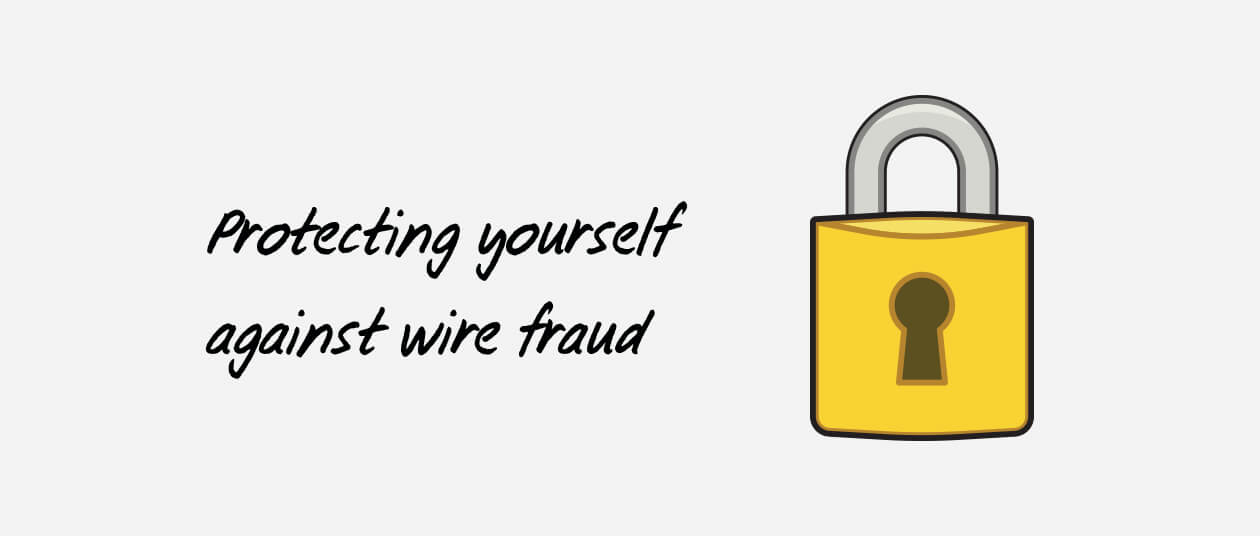When winter rolls around and the rain starts pouring, a cozy fireplace is no match for the hot hot heat of a tropical vacation. And if you’re someone who enjoys a sunny winter vay-cay rather than a snowy holiday stay-cay, you should remember that eventually, you’ll be coming back.
It’s not hard to get carried away when you’re planning to live in the lap of luxury for a while. But nothing is worse than over-extending your budget and coming back to a big fat bill. So, here are some things you should consider to avoid the post-vacation headache.
Cost is key
Ideally, you should have money saved in advance for your trip. Your cost will depend on factors such as destination, exchange rates, travel, accommodation, and other spending.
Do the math, set a budget, and stick with it. Bottom-line: don’t overextend yourself.
Budget.
Your budget is a big piece. Go through all the areas of spending needed to make your trip a success and divide an amount for each. Don’t overlook exchange rates—they can be costly. Add up all the expenses to get a real picture of what your budget should be.
Reduce spending.
If the cost is more than you thought it would be, explore ways to reduce some of the spending items. Perhaps there is a more affordable destination that’s still warm and nice. Maybe get a rental instead of staying at an all-inclusive. And ask yourself—could changing your travel dates help?
Be careful with cards.
You’ll likely need to put your travel costs on a credit card if you’re flying, but ensure you have a plan to pay this off as soon as possible. Make sure every credit card swipe has already been considered in your budget. If you have a travel loyalty card with available rewards, use this to reduce your costs.
Protect yourself
Always be extra vigilant for fraud and theft during the holidays, especially if you are traveling outside of Canada. Airports around the world are particularly busy at this time of the year and bad guys can take advantage of the chaos so keep an eye on your luggage, purses, wallets, etc., at all times, just to be safe.
Wallet? Check.
Before you leave, clear out your wallet. Take only the cards you’ll be using. Write down your credit card numbers and the contact information for credit card providers, in case you need to report fraud or the loss of your card. Keep this with a trusted contact at home, rather than with you.
Cash? Check.
Leave all valuables at home and don’t carry large amounts of cash. What’s an extra $5 withdrawal fee when it saves you from the risk of carrying hundreds or thousands of dollars on your person? If you need more cash later on, go to an ATM—look for one inside of a financial intuition, not a corner store.
Price check.
When you travel to any tourist destination, you probably don’t know the real cost of anything. Be careful about being overcharged for goods or services. One way to prevent this is to shop and eat where the locals do. Also, research typical costs before you get there, so you know how much to pay. No one wants to find out later that they were ripped off because they didn’t do their research.
Jetting off soon?
So you’ve got your finances in check and you’re escaping the cold soon? Remember to call your financial institution and credit card providers to let them know you’re travelling to prevent your cards from being cancelled while you’re abroad.



